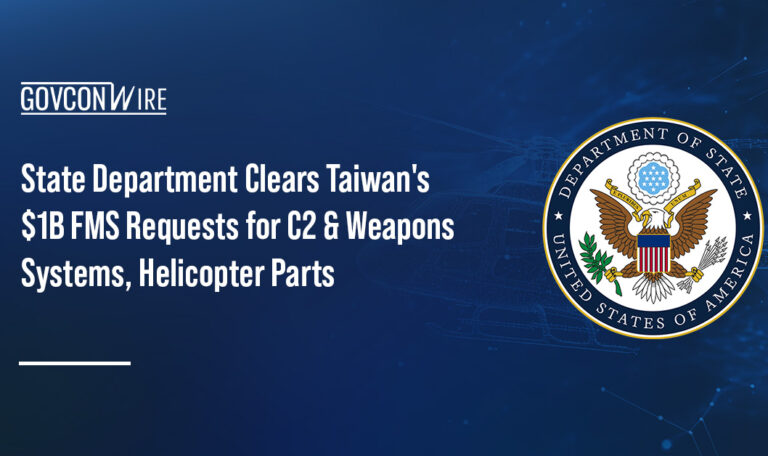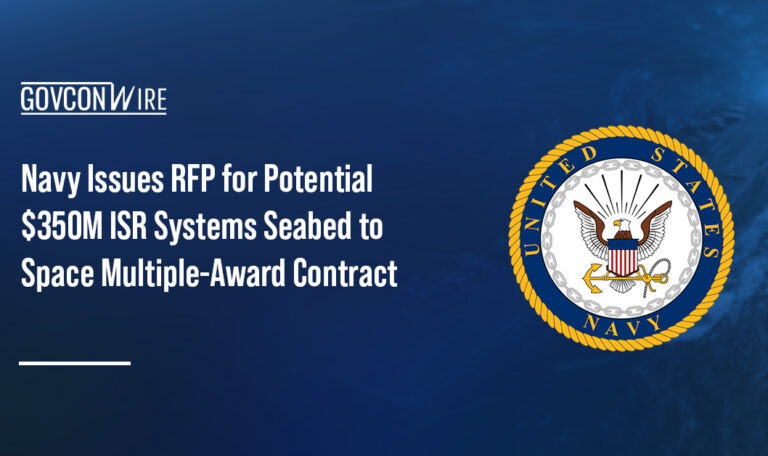Raytheon Technologies (NYSE: RTX) reported $17.2 billion in sales during the first quarter of 2023, up 10 percent from the prior-year period, and saw earnings for the period rise 6 percent to $1.22 per share.
The Arlington, Virginia-based aerospace and defense contractor said Wednesday it ended the quarter with a record backlog of $180 billion with defense accounting for $71 billion of the total backlog.
Some of the notable defense contracts Raytheon booked in the previous quarter are a potential $1.2 billion award for the Patriot Air Defense System, $650 million for Next Generation Jammer production work and a $619 million contract to produce and sustain SPY-6 radars for the U.S. Navy.
In January, Raytheon announced its plans to realign its four current businesses into three focused segments – Collins Aerospace, Pratt & Whitney and Raytheon – as part of efforts to drive the company’s technology synergies, market growth and financial targets.
At an earnings call Tuesday, Raytheon President and Chief Operating Officer Christopher Calio said the company is on track to operate under the new corporate structure starting in July.
Calio told analysts that the mission systems strategic business unit within Collins will absorb the multidomain command and control platforms of Raytheon Intelligence & Space and Raytheon Missiles & Defense “to create a more focused business to support connected battle space opportunities.”
The connected aviation solutions business unit under Collins will integrate the air traffic management business.
“These two moves will put Collins at the center of our company-wide collaboration efforts. They will now be responsible for more than half of our revenue synergy projects,” Collins said during the call.
He also announced the appointment of Wes Kremer, president of RMD, as the new head of the new Raytheon business segment and the creation of a new strategic business unit within the segment to centralize sales of components and subsystems.
According to Calio, the new Raytheon business will combine the remaining RMD and RIS businesses into strategic units focused on supporting military services, space and missile defense.















